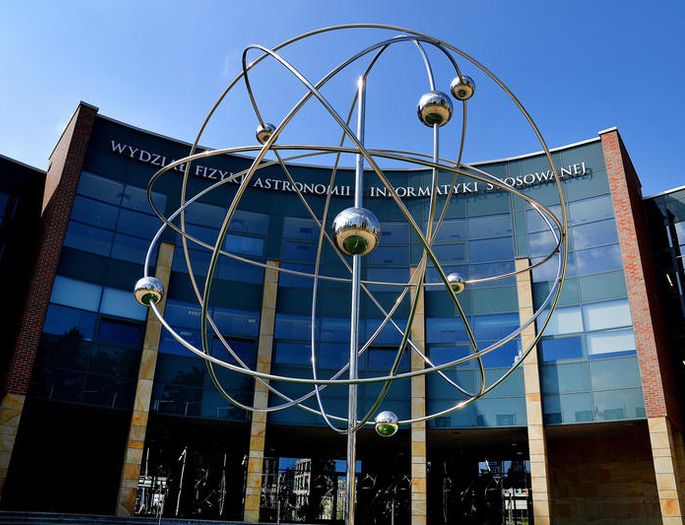
Developing a universal molecular probe for the PD-L1 protein in order to facilitate the diagnostics of various types of cancer is the main aim of the project led by Dr Małgorzata Benedyk-Machaczka from the JU Faculty of Biochemistry, Biophysics and Biotechnology. The research project will be funded within the framework of the Small Grant Scheme by the Polish National Centre for Research Development as part of the Norway Grants.
The Small Grant Scheme is dedicated to providing assistance to women researchers in areas where there is a low number of women, particularly technical research. Applicants may receive funding for projects lasting up to two years.
One of the awarded projects is Dr Małgorzata Benedyk-Machaczka’s Single stranded DNA aptamer capable of specifically binding human PD-L1 as a new molecular probe in cancer diagnostics, the aim of which is to develop a universal molecular probe for the PD-L1 protein (programmed death ligand-1) in order to facilitate the diagnostics of a number of cancers. PD-L1 can be found on the surface of many cancer cells, which allows them to bypass our bodies’ natural defences, the immune system. One of its elements are T cells equipped with receptors that can identify the attacking microbes, which activates the immune response.
As Dr Benetyk-Machaczka explained, one of the elements of this mechanism are what could be called ‘control points’, which prevent T cells from targeting healthy cells. This control is based on PD-L1/PD-1 proteins. PD-L1, which is present in healthy cells, binds with PD-1 found in T cells, thus preventing them from turning against our own bodies. Unfortunately, some types of cancer are capable of producing large amounts of PD-L1 to deceive the immune system. The probes developed by Dr Benedyk-Machaczka will be able to target the PD-L1 binding and properly identify cancer cells in the earliest stages of the disease.
Dr Małgorzata Benedyk-Machaczka earned her PhD in 2007 at the University of Münster Faculty of Chemistry and Pharmacy. In 2011, after completing an internship at the university’s Institute of Immunology, she joined the Jagiellonian University Faculty of Biochemistry, Biophysics and Biotechnology within the framework of the Foundation for Polish Science’s TEAM programme.





